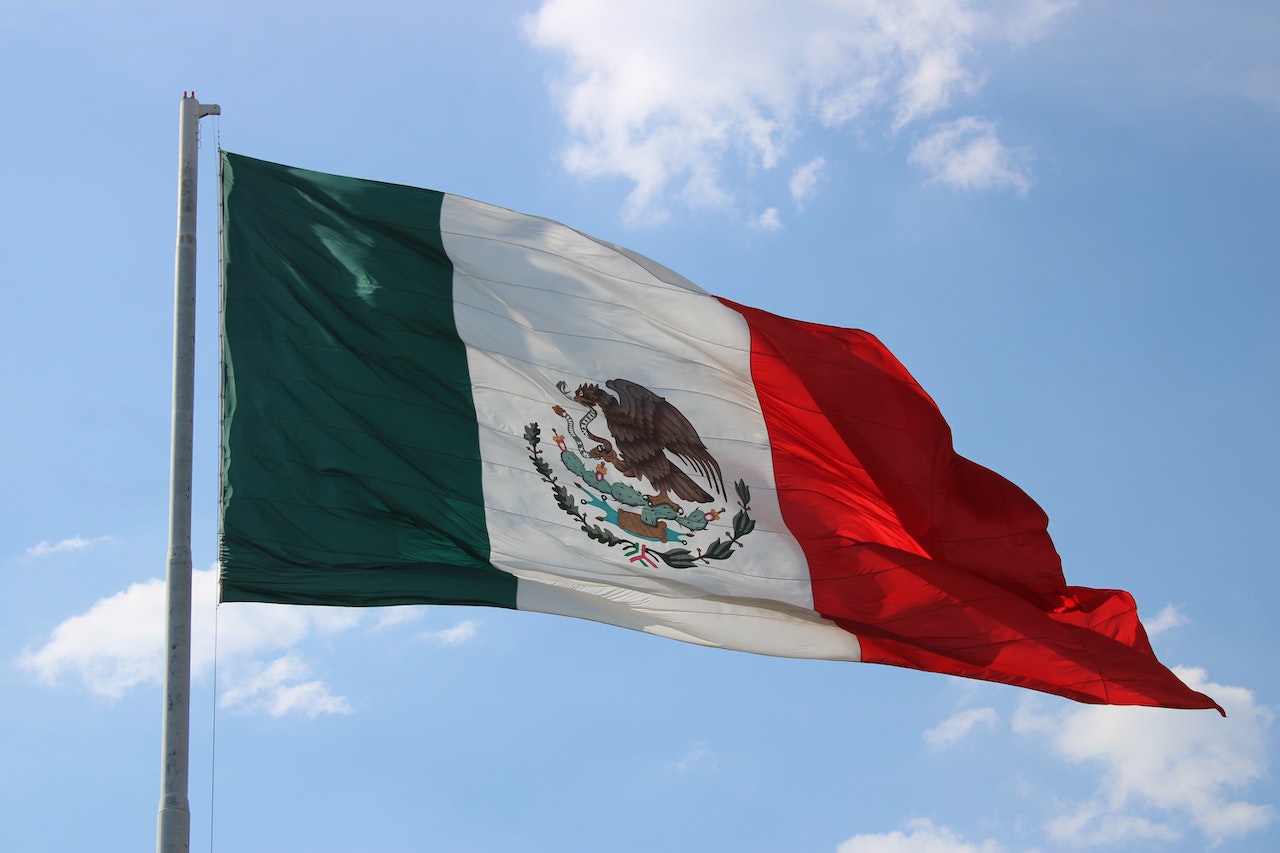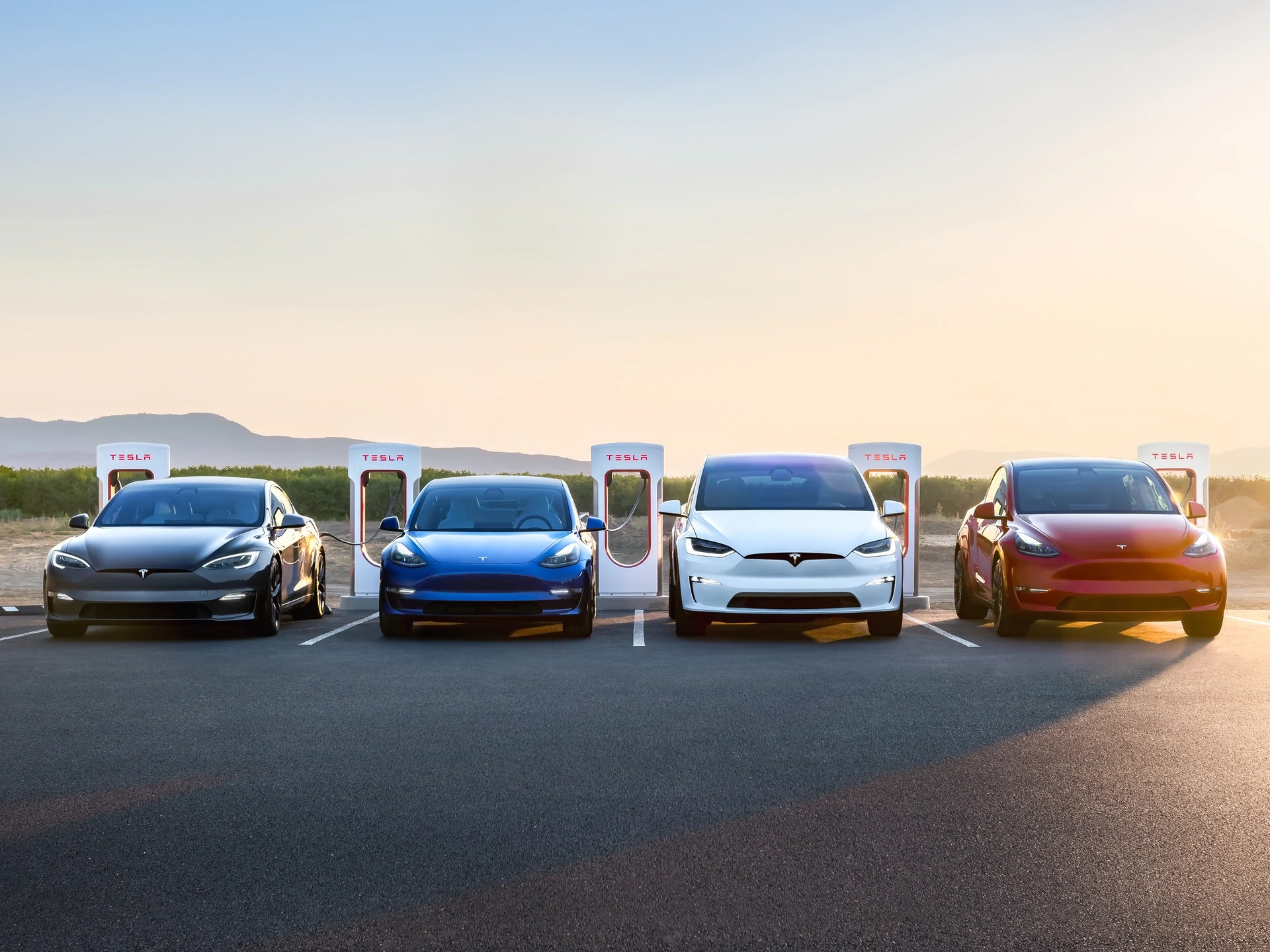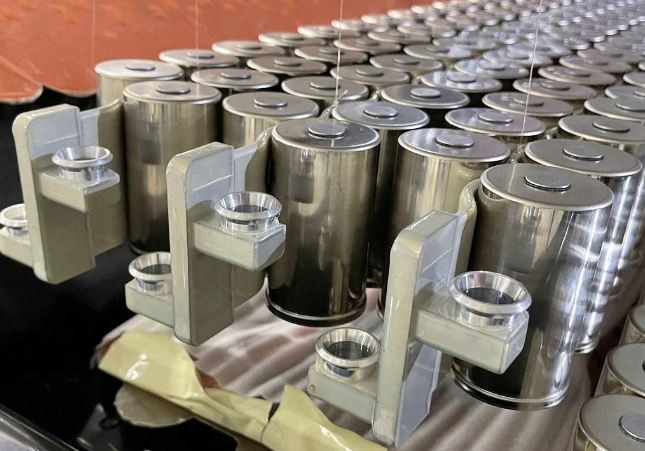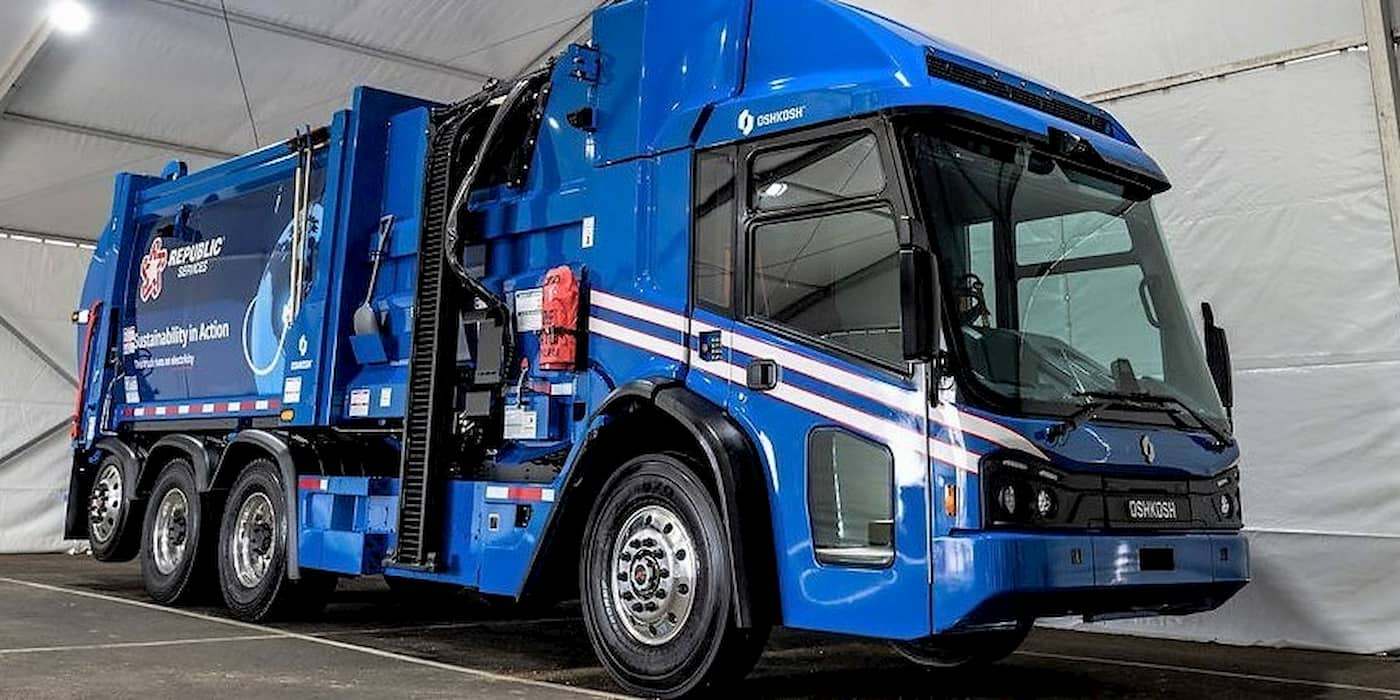Mexico’s President, Andrés Manuel López Obrador, has signed a decree to nationalize the country’s lithium resources, effectively restricting the extraction and sale of the mineral for electric vehicle (EV) batteries to state-run companies.
The move comes after the government established Litio para México, a state-owned entity, in August 2022, tasked with overseeing the extraction and marketing of lithium. Under the decree, the energy ministry is directed to begin the nationalization process, with the Li-MX 1 mining zone, covering 2,349 square kilometers, set aside for lithium mining.
See also: Mexican President Identifies Nuevo Leon and Hidalgo as Potential Sites for Tesla’s New Plant
The move has been described as an effort to prevent foreign exploitation of Mexico’s lithium resources, with President Obrador specifically targeting Russia, China, and the United States. The decree could have significant implications for existing foreign companies that hold mining concessions, as the government reviews their status. While the economy ministry has stated that the rights and obligations of the holders of mining concessions remain safe, no lithium mining activity can be carried out without further details.
Mexico’s approach to lithium extraction involves maintaining a majority stake in any future joint venture, with Pablio Taddei, the CEO of Litio para México, stating that while partnerships are welcome, the government will ensure that it retains a controlling stake. The move is seen as potentially beneficial to the battery industry and the EV sector, with Mexico and Canada’s lithium resources meeting the new US regulations for EV tax credits under the NAFTA free trade agreement.
The nationalization of Mexico’s lithium resources comes at a time when EV demand is rising, and lithium is becoming an increasingly critical resource. Tesla is reportedly planning to build a new plant in Mexico, with Elon Musk meeting President Obrador on Friday to discuss the project.
While the move to nationalize lithium resources could result in political and economic tensions, it underscores the growing importance of securing critical resources in the transition to a more sustainable future.







